Rose Tinted Dreams (1977)
April 8, 1977Release Date
Rose Tinted Dreams (1977)
April 8, 1977Release Date
Plot.
Where to Watch.
Cast & Crew.

Juraj Nvota
Jakub

Iva Bittová
Jolanka Danielová
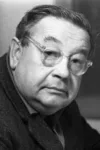
Josef Hlinomaz
Uncle Anton

Marie Motlová
Mrs. Múčková

Ľudovít Kroner
Marcel

Libuše Havelková
Elenka

Václav Babka
Mr. Babjak

Jozef Belan
Actor

Hana Slivková
Jakub's Mother

Anton Trón
Jakub's Father

Míla Beran
Mr. Múčka
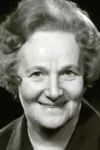
Naďa Hejná
Babka

Arpád Rigo
Dežo Daniel

Viera Součková
Kveta

Milan Kiš
Ondro

Sally Sallingová
Irena

Marián Labuda
Shop floor manager

Ján Žiga
Vojto

Věra Bílá
Gita

Margita Miková
Mrs. Rigová

Ján Giňa
Mr. Daniel

Margita Gašparová
Mrs. Danielová

Ondrej Redai
Mirga

Štefan Mandžár
Fero

Viera Kalejová
Magda

Helena Demeterová
Woman with a Bed

Verona Ferčáková
Jolana's Grandma

Zuzana Kronerová
Jolana Danielová (voice)

Ľudovít Greššo
Uncle Anton (voice)

Božena Slabejová
Mrs. Múčková (voice)

Jozef Kroner
Marcel (voice)

Žofia Martišová
Jakub's Mother (voice)

Štefan Figura
Jakub's Father (voice)

Dano Živojnovič
Mr. Múčka (voice)

Ivan Rajniak
Dežo Daniel

Zita Furková
Kveta (voice)

Helena Húsková
Irena (voice)

Juraj Kukura
Vojto (voice)

Irena Pašková
Mrs. Rigová (voice)

František Kubeša
Mr. Daniel (voice)

Katarína Binderová
Mrs. Danielová (voice)

Ľudovít Reiter
Mirga (voice)

Magda Paveleková
Woman with a Bed (voice)

Dušan Hanák
Director / Screenplay / Story

Zoro Záhon
Second Unit Director

Dušan Dušek
Story / Screenplay

Bohuš Pokorný
Property Master

Jaroslav Cyril Kubišta
Unit Production Manager
Media.
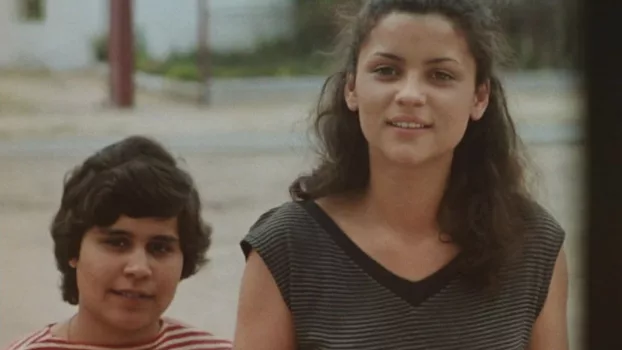










Details.
Release DateApril 8, 1977
Original NameRužové sny
StatusReleased
Running Time1h 20m
Genres
Last updated:
Wiki.
Rosy Dreams (Ružové sny) is a 1977 Czechoslovak film. Despite its whimsical poetic style, it was the first Central European feature film that put the Romani (Gypsy) community at the center stage in a realistically reflected manner. It was also a singular artistic achievement in Slovak and Czechoslovak cinema during the period after the Soviet invasion of 1968 by Dušan Hanák, director of several acclaimed films who maintained the integrity of his vision and style throughout the vagaries of Central European filmmaking in the second half of the 20th century. In a broader sense, Rosy Dreams was prescient in Central European cinema because it dealt with a minority group whose plight, not discussed openly then, has since become one of the key issues in several Central European societies. The clash of the communities is depicted with the subtle tender attitude inherited from the Czechoslovak New Wave.
You May Also Like.
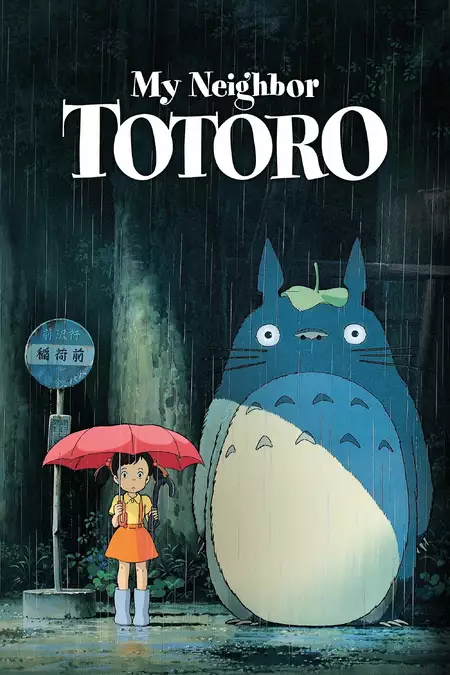
My Neighbor Totoro (1988)
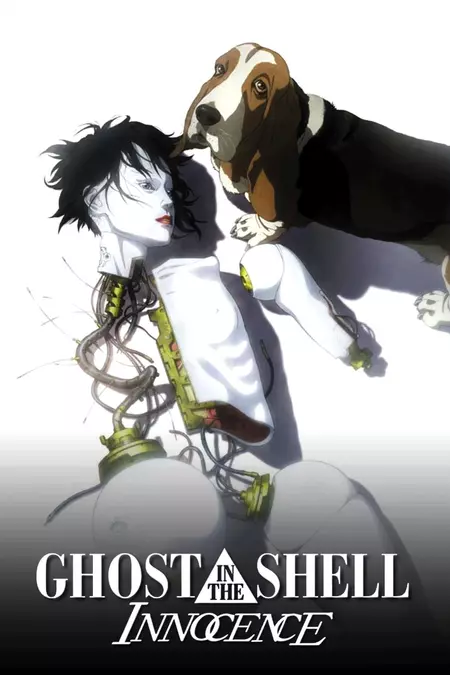
Ghost in the Shell 2: Innocence (2004)
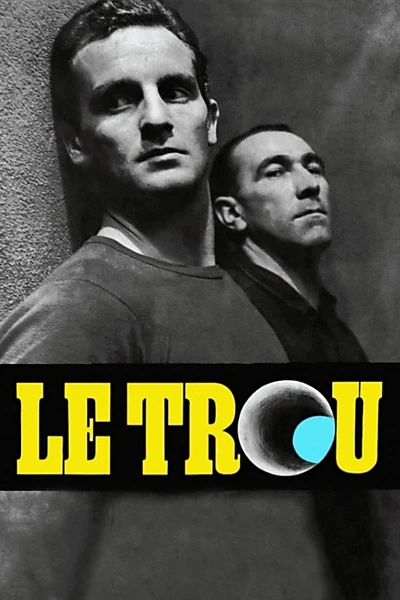
Le Trou (1960)
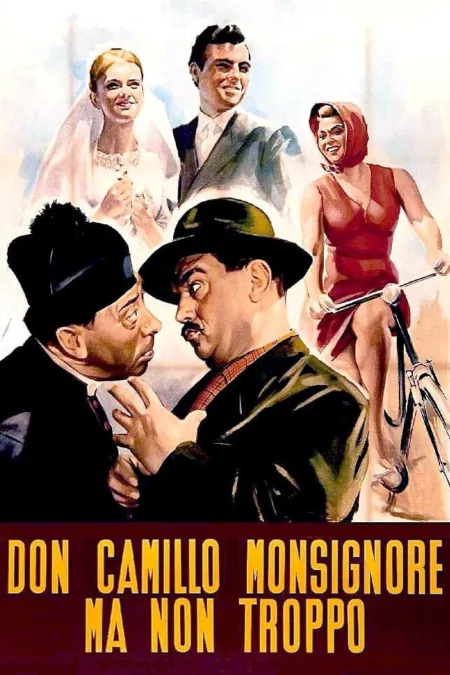
Don Camillo: Monsignor (1961)
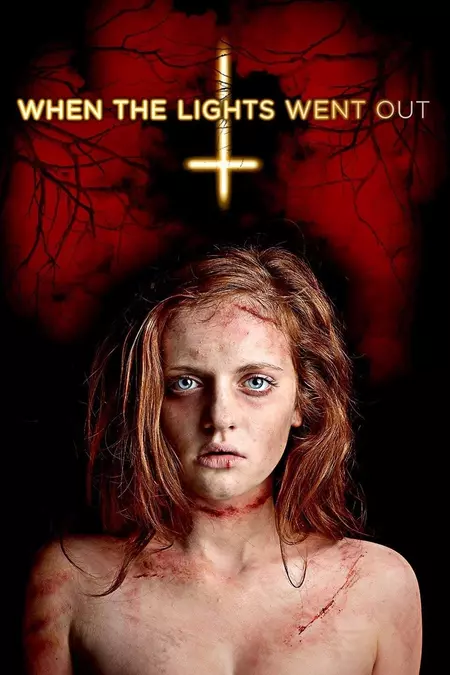
When the Lights Went Out (2012)
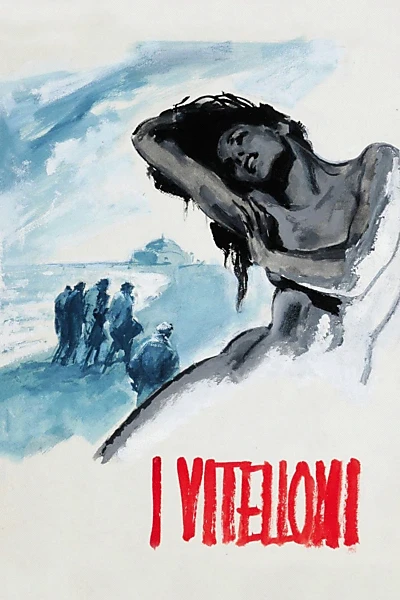
I Vitelloni (1953)
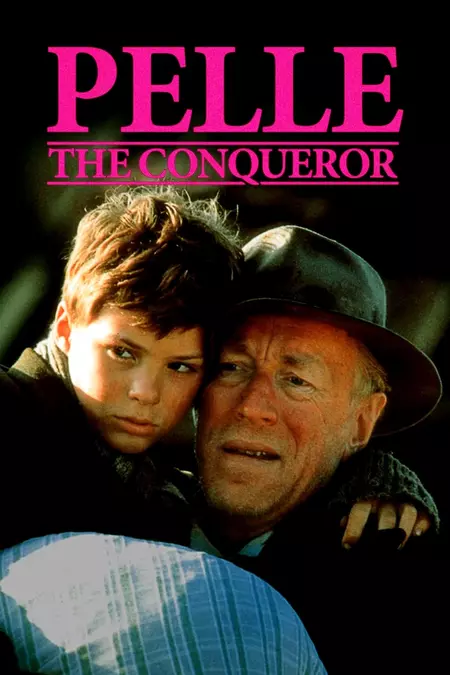
Pelle the Conqueror (1987)
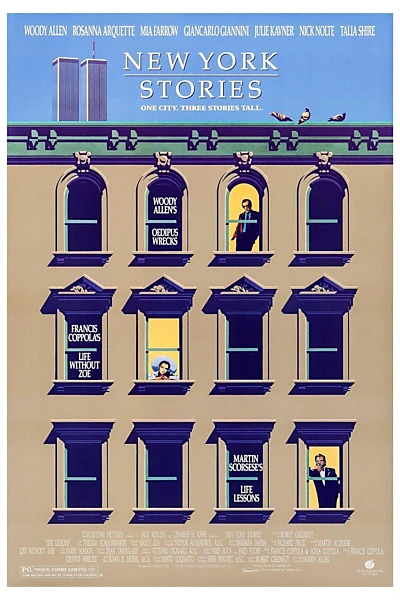
New York Stories (1989)

Bring Me the Head of Alfredo Garcia (1974)
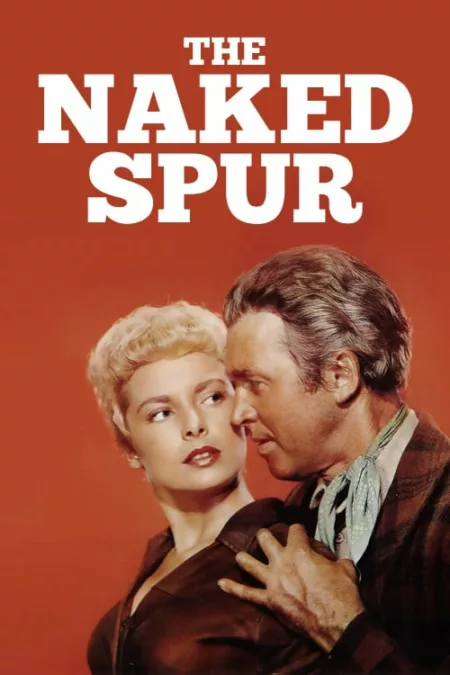
The Naked Spur (1953)
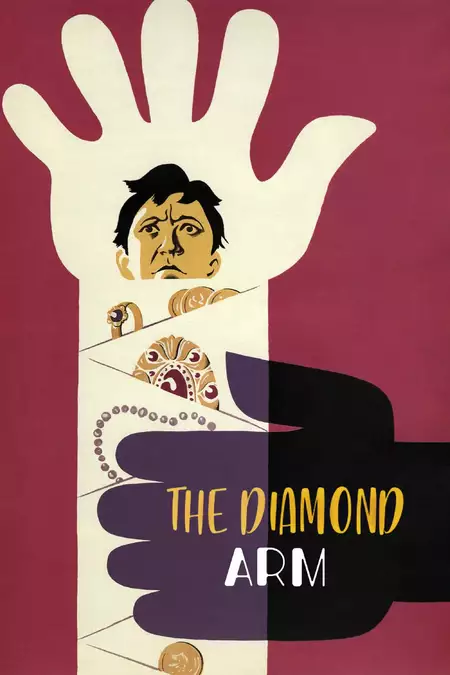
The Diamond Arm (1969)

Dinotopia 2: The Temptation (2002)

For Love and Gold (1966)
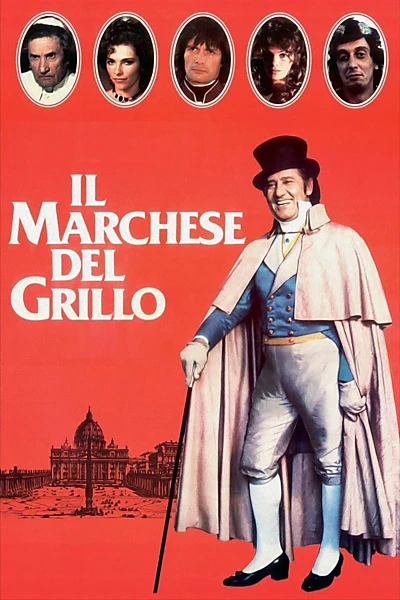
The Marquis of Grillo (1981)
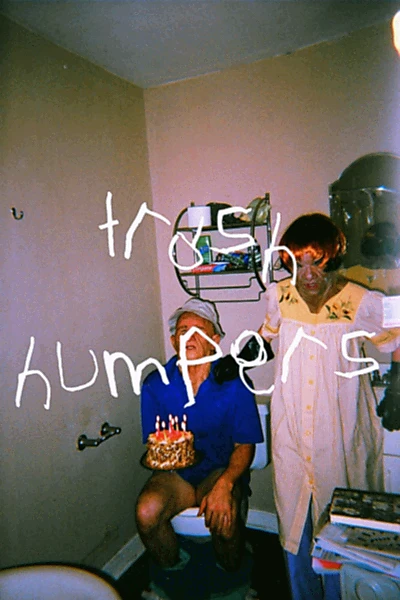
Trash Humpers (2010)
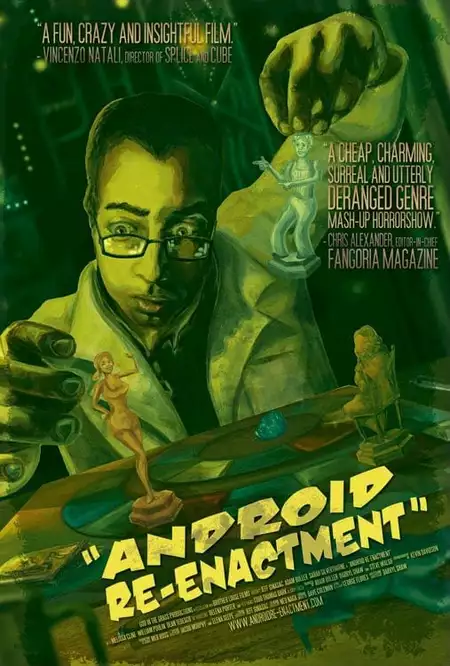
Android Re-Enactment (2011)

Florence Fight Club (2015)
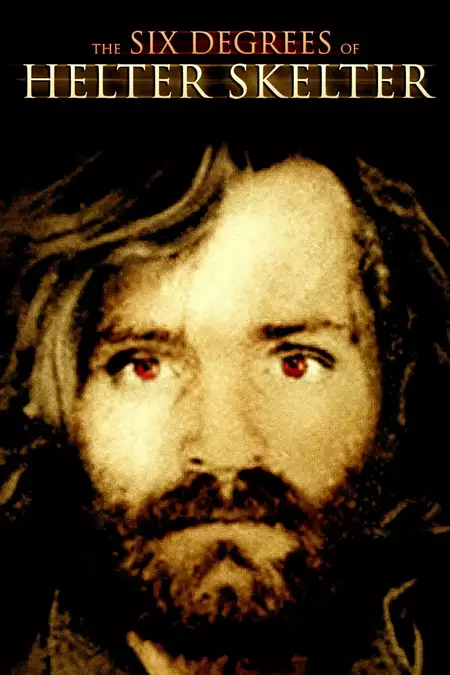
The Six Degrees of Helter Skelter (2009)
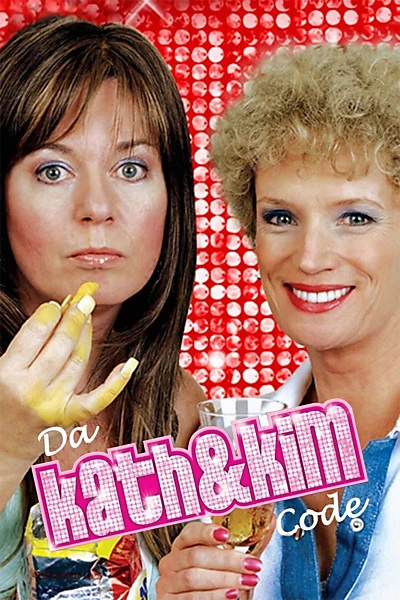
Da Kath & Kim Code (2005)



